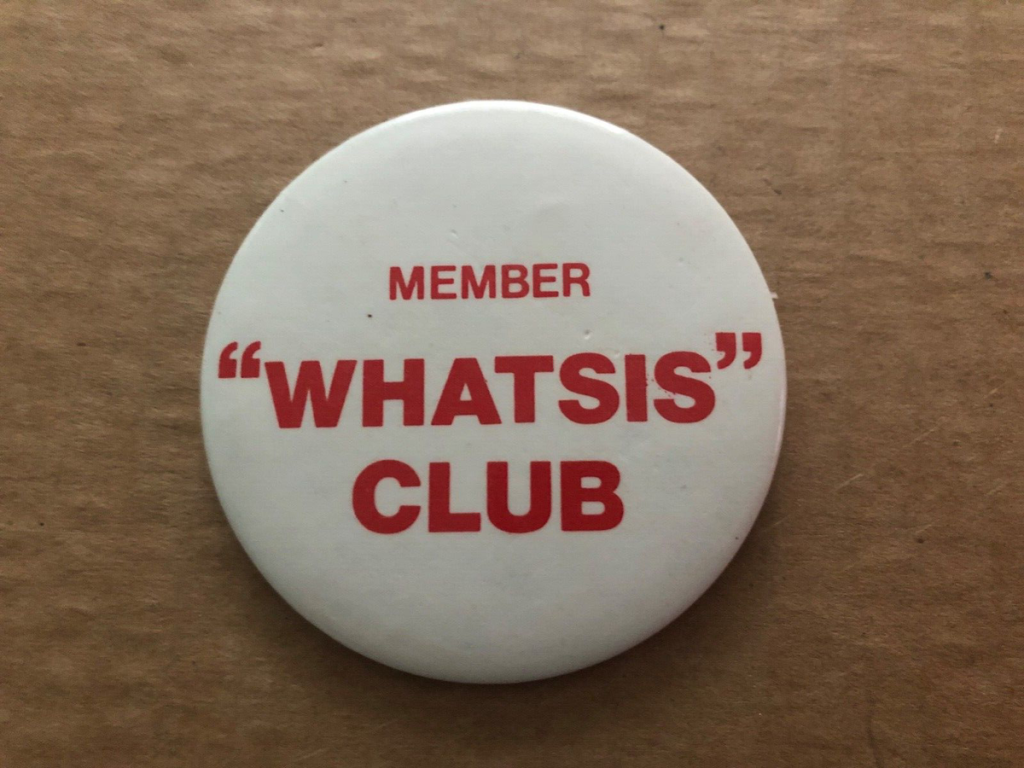To appeal to all those who are growing older—at every age—we suggest some of the best new books on aging, as well as many classics. You’ll find everything from caregiving advice to memoirs, from humor to reflection, plus narratives by authors who set out, in midlife, in search of wisdom and new ways to think about growing older.
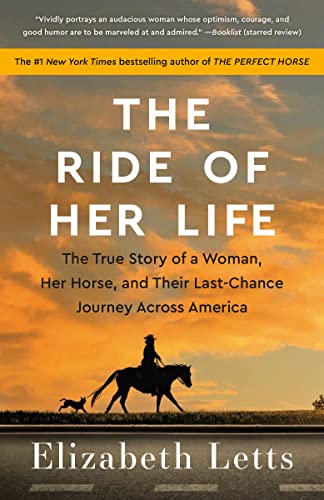 The Ride of Her Life Posted in: Arts, Inspiring Journeys, Nonfiction
The Ride of Her Life Posted in: Arts, Inspiring Journeys, NonfictionBy Elizabeth Letts – Random House Publishing Group, 2022
In 1954, at age 62, Maine farmer Annie Wilkins was told that if she took it easy, she likely had two years to live (her diagnosis: terminal tuberculosis). Her moral and physical fortitude and her unfailing optimism allowed her to take the news in stride. She declined the offer to live in a county rest home (she lost her farm to back taxes) and sold what little she had left. Annie bought an aging horse named Tarzan and, along with her beloved mutt, Depeche Toi, rode west to fulfill a lifelong dream to see the Pacific Ocean. The Ride of Her Life shares the remarkable story of Annie’s journey, detailing all the surprises, hardships, joys, mishaps and extraordinary human kindnesses she experienced along the way. Without a map, GPS or cell phone, Annie traveled 4,000 miles through all kinds of weather, engaging with people you wish you could meet. This true story, sure to cement your faith in humanity, is a life-affirming tale of a woman living out her days on her own terms.
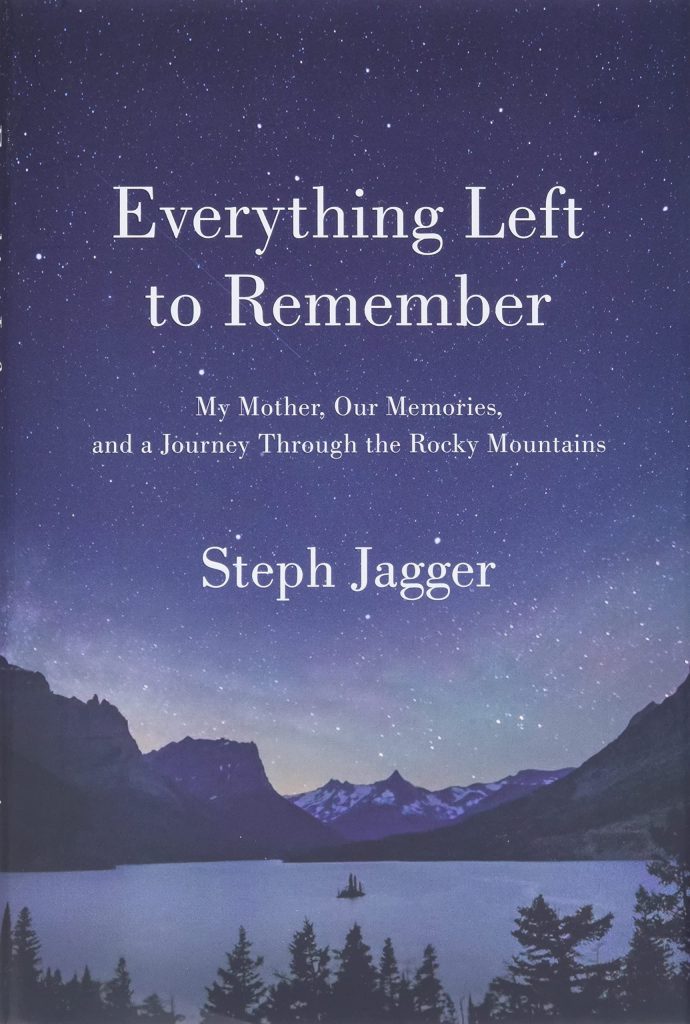 Everything Left to Remember: My Mother, Our Memories, and a Journey Through the Rocky Mountains Posted in: Arts, Inspiring Journeys, Memoirs, Nonfiction
Everything Left to Remember: My Mother, Our Memories, and a Journey Through the Rocky Mountains Posted in: Arts, Inspiring Journeys, Memoirs, NonfictionBy Steph Jagger — Flatiron Books, 2022
Steph Jagger embraces a quest like no other as she takes her 70–year-old mother, Sheila—recently diagnosed with Alzheimer’s—on a camping trip through the US national parks. Jagger is no stranger to the heartbreak of this disease—her maternal grandmother also had dementia at the end of her life. Jagger can’t help but wonder if she too will suffer this horrible fate. In part, that’s why she understands the time sensitivity and necessity of this trip. It’s a monumental undertaking, for certain, but Jagger believes she owes herself the chance to more deeply connect and learn who her mother truly is before Sheila is lost to her. Together, they hike and camp as they did when Steph was younger. They lie under the stars or see Old Faithful on horseback when words fail them, as they often do. Sheila can navigate trails but can’t always remember where she is or with whom; sometimes, her memory loss seems insignificant, but when asked about her favorite memories, she comes up short. On the other hand, Jagger’s poetic way with imagery and emotion often leaves the reader in awe. This memoir illuminates the complexity, grief and beauty of mother-daughter relationships while appreciating the sacred power of Mother Nature. It’s heartbreaking in the best possible way.
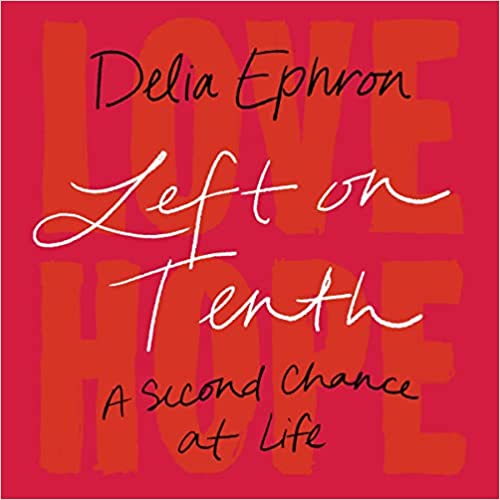 Left on Tenth: A Second Chance at Life Posted in: Arts, Memoirs, Nonfiction
Left on Tenth: A Second Chance at Life Posted in: Arts, Memoirs, NonfictionBy Delia Ephron — Little Brown and Company, 2022
You likely know the name Delia Ephron from her novels and screenplays and for producing (with sister Nora) blockbusters like You’ve Got Mail, Sleepless in Seattle and The Sisterhood of the Traveling Pants. Her recent memoir begins with the loss of her beloved husband, Jerry, to prostate cancer. They’d been married since 1982, and she admits she never expected to find love again. But a series of confluences put her in the path of Peter, a man with whom she felt an instant connection. (They had gone on a blind date 50 years ago!) Now both widowed in their 70s, they were delighted at the prospect of love a second time around. And then came the diagnosis: Delia had AML, the same type of leukemia that savagely took her sister Nora just years before. Despite that, Delia and Peter married in the hospital before she underwent an experimental treatment that had her hospitalized for 100 days, in pain so consuming she often wished to die. Though that sounds grim, this story has a happy ending that will charm and move you.
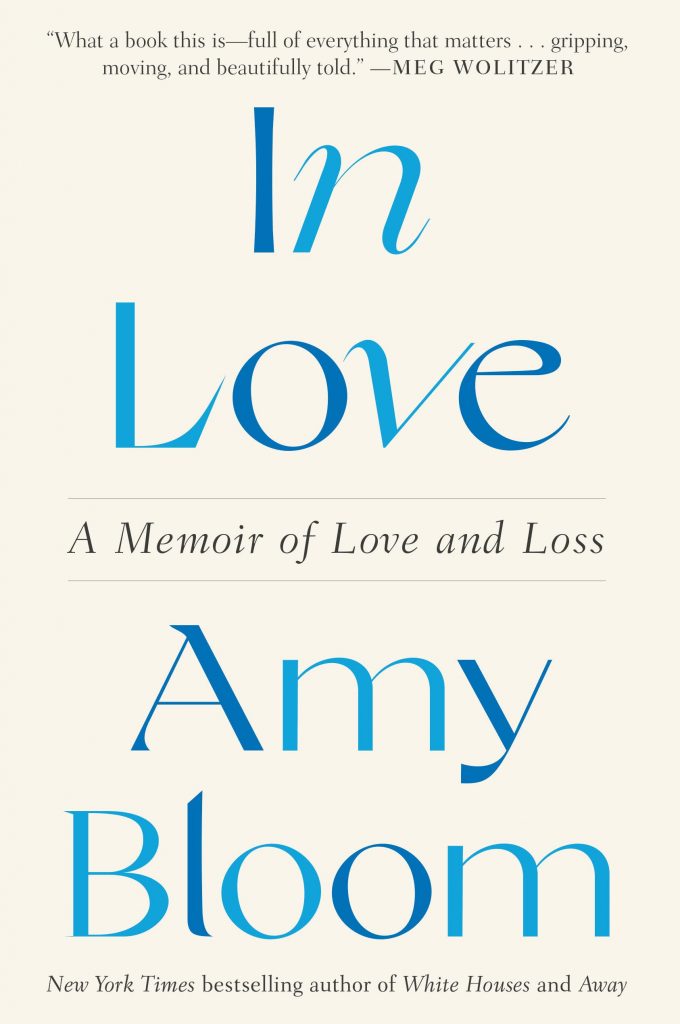 In Love: A Memoir of Love and Loss Posted in: Arts, Memoirs, Nonfiction
In Love: A Memoir of Love and Loss Posted in: Arts, Memoirs, NonfictionBy Amy Bloom—Random House, 2022
Amy Bloom and Brian Ameche found each other in a later-life romance, and Brian was enveloped into Amy’s family, relishing life as a grandfather to Amy’s grandchildren. They enjoyed an enviable life of travel, fine food and friends. But Ameche had some tell-tale signs of diminished memory and function, and although he had total recall of the past, he was starting to lose the here and now. He asked Amy to research his options for assisted suicide, which were limited, even with “right-to-die” laws, and posed near-impossible hurdles. What Bloom eventually discovered was a nonprofit in Switzerland called Dignitas that offers physician-assisted “accompanied suicide.” Bloom now shares how she obtained admission for Ameche to become a patient and how they carried out his final wishes. The memoir offers many provocative topics for discussion: the US health care and legal systems, the options at the end of life, and the support—or lack thereof—for families when Alzheimer’s is upon them. Sad but not morbid, this is the candid and powerful story that Bloom promised her husband she would write.
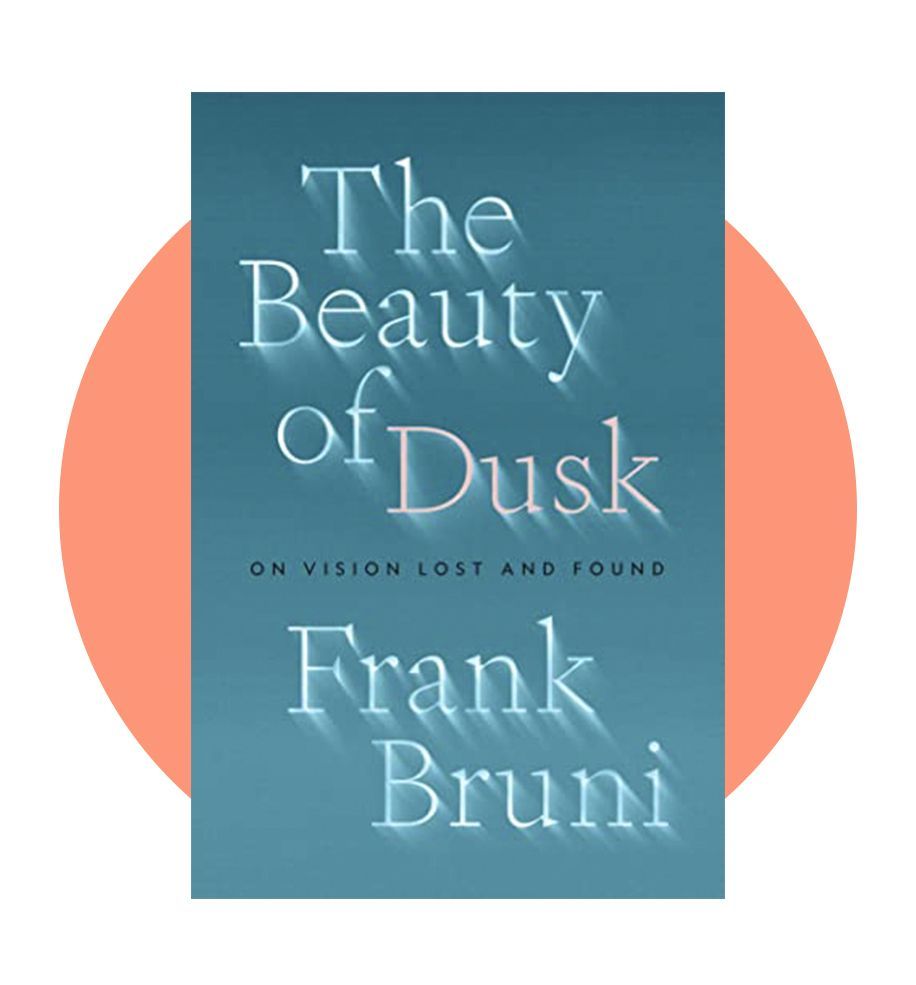 The Beauty of Dusk: On Vision Lost and Found Posted in: Arts, Memoirs, Nonfiction
The Beauty of Dusk: On Vision Lost and Found Posted in: Arts, Memoirs, NonfictionBy Frank Bruni—Simon and Schuster, 2022
Frank Bruni is an award-winning American journalist and a longtime writer for the New York Times. He awoke one morning to find the vision in his right eye was blurred and he had no idea why. So begins his journey to save his vision and manage the powerful emotions that accompany his prognosis. Bruni learns he has had a stroke that affected his optic nerve—and that his vision might not return. At the same time, his partner takes up with another man, leaving Bruni alone and vulnerable emotionally. To cope, Bruni sets to talking with people who have faced diagnoses of comparable severity, and he learns new skills for coping from them all. While as readers, we may not be losing our eyesight, we are all facing hurdles that come with aging, so we can relate as Bruni writes eloquently about feeling dependent, asking for help and mastering new skills.
 The Bubbe Diaries: true tales of grandparenting Posted in: Arts, Insights from Bold Thinkers, Nonfiction
The Bubbe Diaries: true tales of grandparenting Posted in: Arts, Insights from Bold Thinkers, NonfictionBy Paula Span—Audible Originals, 2021
Veteran journalist Paula Span is known to many for her column in the New York Times, The New Old Age, where she writes about the challenges faced by our rapidly growing older population. In The Bubbe Diaries (2021, only available as an Audible book), Span gets personal, sharing her most recent job assignment: grandmother. (Bubbe is Yiddish for grandmother.) Span recognized there was no Doctor Spock for her generation’s grandmothers, so she writes about what she’s learned on the job and how much has changed since she was a first-time mother. She covers the way newborns sleep, what’s new in child safety, establishing expectations and setting boundaries, even potential issues with a daughter-in-law. This three-hour audiobook is informative for a prospective grandparent, and it’s delightful to be a part of Span’s new love affair with her granddaughter.
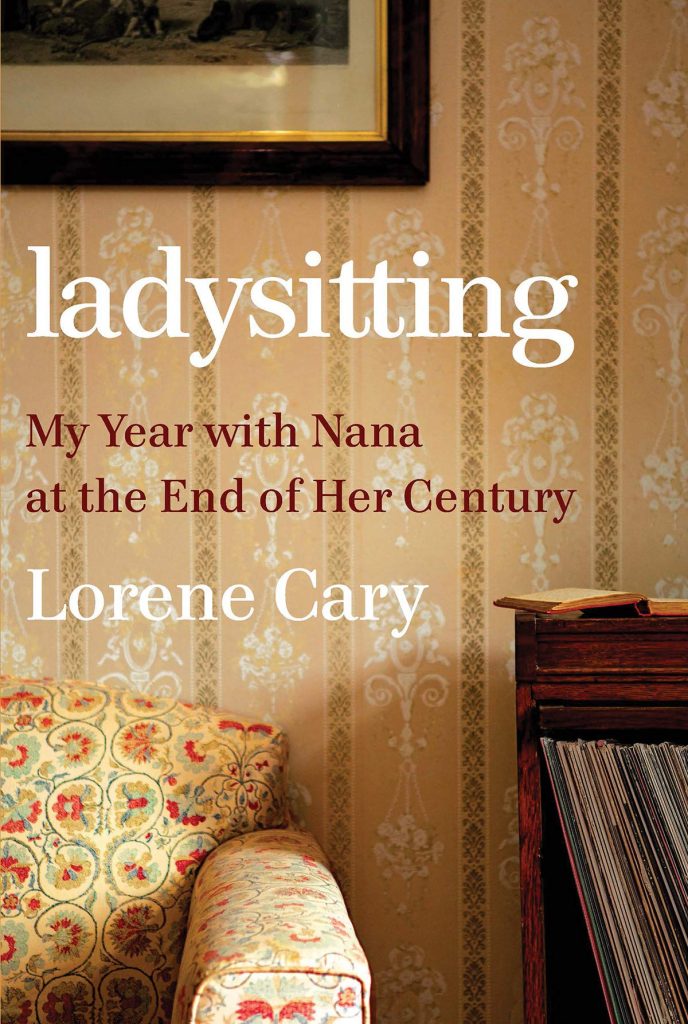 Ladysitting: My Year with Nana at the End of Her Century Posted in: Arts, Life’s Endings, Memoirs, Nonfiction
Ladysitting: My Year with Nana at the End of Her Century Posted in: Arts, Life’s Endings, Memoirs, NonfictionBy Lorene Cary – W.W. Norton & Company 2019
Author, educator and social activist Lorene Cary reflects on treasured memories of her family from her childhood until she became the caregiver for her feisty, tenacious 101-year-old grandmother, Nana Jackson. Nana—who worked until she was 100—survived pneumonia and a car accident and outlived her term in hospice. Learning Nana needed round-the-clock care, Cary, her husband and daughters took the strong-willed matriarch into their home. Cary juggled the logistics involved in bringing a close to a life that has spanned a century, navigating the frustrations of America’s broken health care system, dealing with a stubborn grandmother and maintaining her own life as a working professional, wife and mother.
But Ladysitting is not just a caregiving memoir; it’s also a dive into Cary’s own rich history—one in which her family immigrated from Barbados to America, then endured the oppression of the South before settling in Philadelphia. The takeaway from the book is the love that Cary gives back to her grandmother, who always provided her with doting refuge, even helping mail in her vote for America’s first Black president—a race Nana followed with much excitement and a final feeling of hope before she died. Cary shares the ugly, exhausting side of caregiving, but she also shows how the hardship speaks to something more powerful: unconditional love of family.
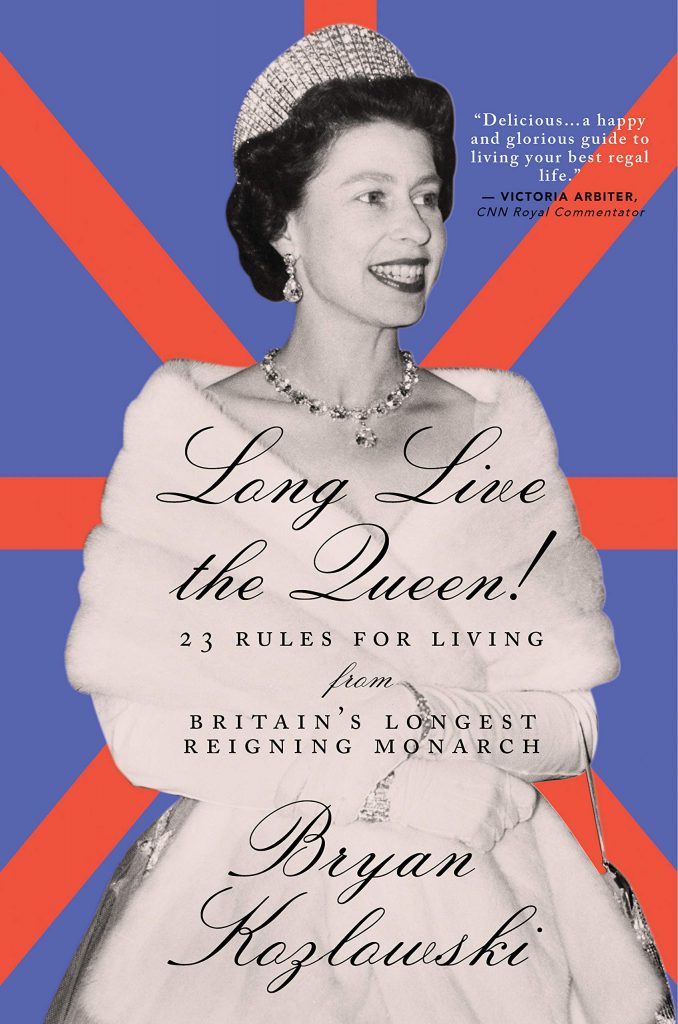 Long Live the Queen: 23 Rules for Living from Britain’s Longest-Reigning Monarch Posted in: Arts, Guides to Aging Well, Nonfiction
Long Live the Queen: 23 Rules for Living from Britain’s Longest-Reigning Monarch Posted in: Arts, Guides to Aging Well, NonfictionBy Bryan Kozlowski – Turner, 2020
Imagine you’ve just seen Queen Elizabeth on television. At 95, she is the oldest reigning monarch in the world. Ever. You might be asking yourself, what’s her secret, and how can we “commoners” replicate her lifestyle choices to enjoy a longer, more meaningful life? This well-researched biography zeroes in on just what Her Majesty does to maintain her vigor and agelessness. For instance, she thrives on routine (finds it’s critical for her concentration and focus), eats simply and enjoys her cocktails in moderation (a glass of champagne before bed). She doesn’t exercise per se but is never idle. The queen recharges outdoors, walking daily, often in the company of her beloved corgis, always protected from the sun. That care shows, as her appearance hasn’t changed much over the years; she has a simple skin-care regime and wears little makeup. Her skin glows more as a reflection of how she lives than from any bottled secret she could be hiding (soap never touches her face). The Queen enjoys reading, stays current on world and national affairs and lives a life of purpose. The rest of us may not live a royal lifestyle, but we can follow her example to embrace a more fruitful, rewarding life. Long live the Queen!
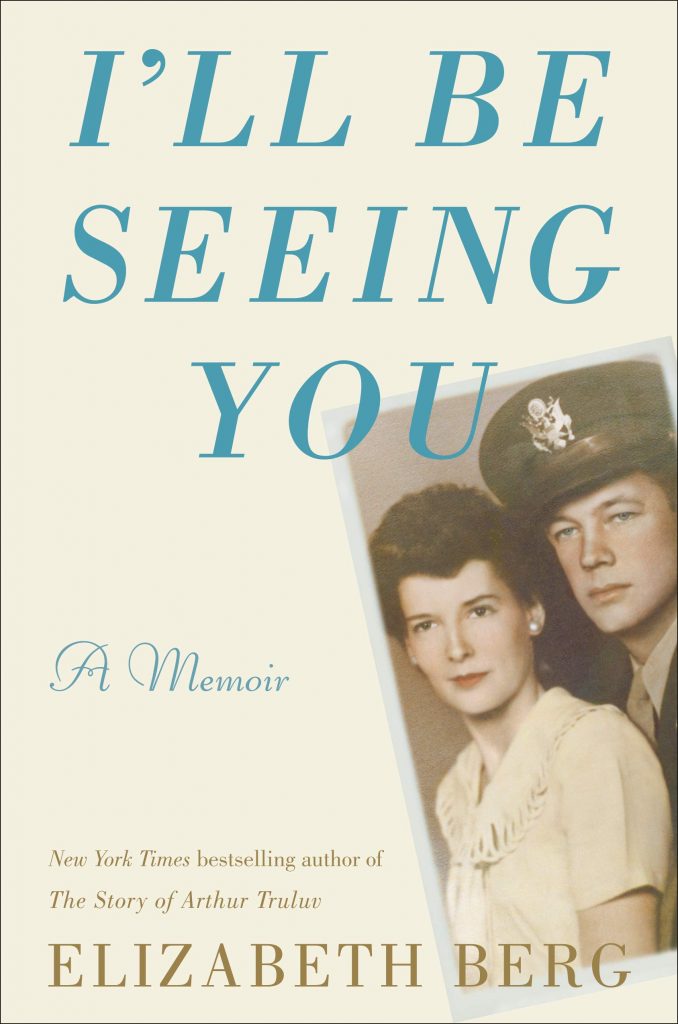 I’ll Be Seeing You: A Memoir Posted in: Arts, Memoirs, Nonfiction
I’ll Be Seeing You: A Memoir Posted in: Arts, Memoirs, NonfictionBy Elizabeth Berg—Random House 2020
Elizabeth Berg writes with great feeling, offering keen observations of the human condition. In this moving and insightful memoir, she describes the decline of her parents’ happy, 60-year marriage with a bittersweet candor. She chronicles their final years, citing honest exchanges between parents often in denial—and adult children afraid of losing them—that reveal sometimes cringe-worthy behavior from all parties. It’s so real. Berg’s parents, both in their late 80s, are coming to terms with a move to a residential care facility. Her father, a career military man, has developed Alzheimer’s—he’s stubborn and confused. Her mother, emotionally exhausted, agrees to the move but takes her uncharacteristic anger out on her husband and daughters. It’s a time fraught with sadness, acceptance of roles reversed and the understanding that there’s no going home again, in any sense of the word. In time, Berg’s parents find their rhythm again and, because of the abiding love in the family, make the best of the time they have left. Any family caregivers could relate to the challenges Berg faced, the frustration and guilt, and feel they are in good company.
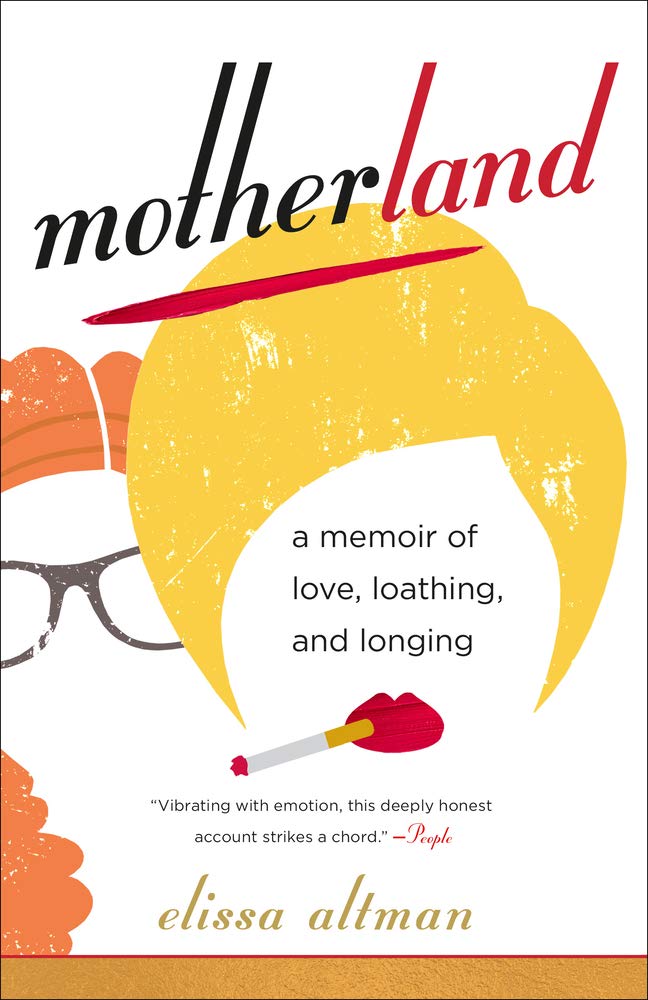 Motherland: A Memoir of Love, Loathing, and Longing Posted in: Arts, Memoirs, Nonfiction
Motherland: A Memoir of Love, Loathing, and Longing Posted in: Arts, Memoirs, NonfictionBy Elissa Altman – Ballantine Books, 2019
Elissa Altman is an accomplished author and food writer, who, in Motherland, turns inward with a candid and heartfelt tale of growing up and growing older with her narcissistic, vain and controlling mother, Rita. Altman tries repeatedly to break from her mother’s emotional grasp. Finally, in her 40s, Altman asserts her independence, leaves Manhattan and moves to Connecticut to live with her wife. Mother and daughter could not be more different. Rita, once a singer of modest acclaim, is now a consumer of all things beauty, a real looker. Altman is attracted to men’s clothing, culinary pursuits, hearth and home. Altman knows she will never measure up to her mother’s expectations and won’t be truly free until she can let go but still answers when Rita calls. It’s a contentious and codependent relationship at best, and just when there could be light at the end of the tunnel for Altman, Rita suffers a fall that leaves her needing—and at times, refusing—her daughter’s help. In a study of how not to age with grace, Altman tells the story with cringe-worthy honesty; you’ll laugh and shudder in equal measure.
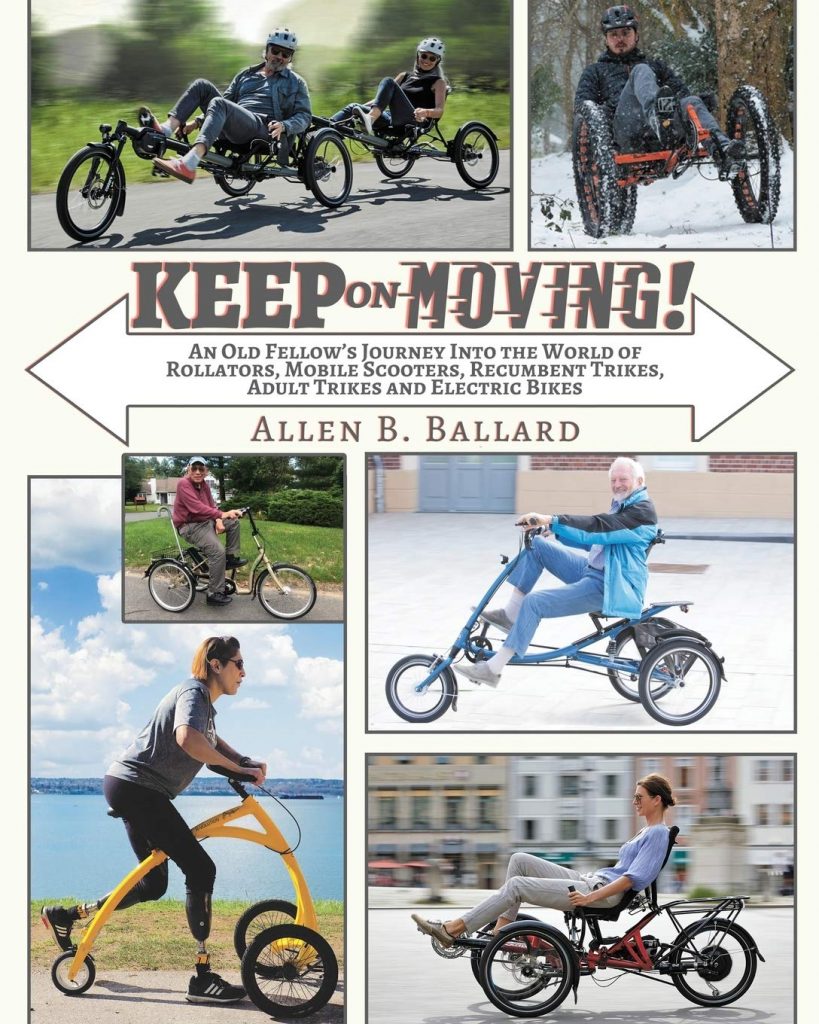 Keep on Moving! An Old Fellow’s Journey into the World of Rollators, Mobile Scooters, Recumbent Trikes, Adult Trikes and Electric Bikes Posted in: Arts, Guides to Aging Well, Nonfiction
Keep on Moving! An Old Fellow’s Journey into the World of Rollators, Mobile Scooters, Recumbent Trikes, Adult Trikes and Electric Bikes Posted in: Arts, Guides to Aging Well, NonfictionBy Allen B. Ballard – Christopher Matthews Publishing, 2018
Not everyone will remain able to navigate the world, or even their own homes, unassisted, as the years go by. When the time comes to rethink how to get around, the options can be overwhelming, and the vocabulary may seem foreign. Recumbent? Semi-recumbent? Tadpole trike? This book is an excellent resource. College professor Allen Ballard, 85, began his journey to assistive technologies with a cane after years of running and minor surgeries took their toll on his knees and hips. From there, he gravitated to a rollator walker. He shares what he learned about the pros and cons of different models and features, then goes on to discuss the ever-evolving choices in scooters, adult tricycles and electric bikes. Despite offering enough detail to engage an engineer, this research is never too technical for the rest of us. It’s essentially an upbeat, beginner’s guide to the choices available for anyone who wants to stay active and get places despite physical limitations. Ballard even makes the cycles sound so fun, you may not want to wait until you actually need one to buy it.
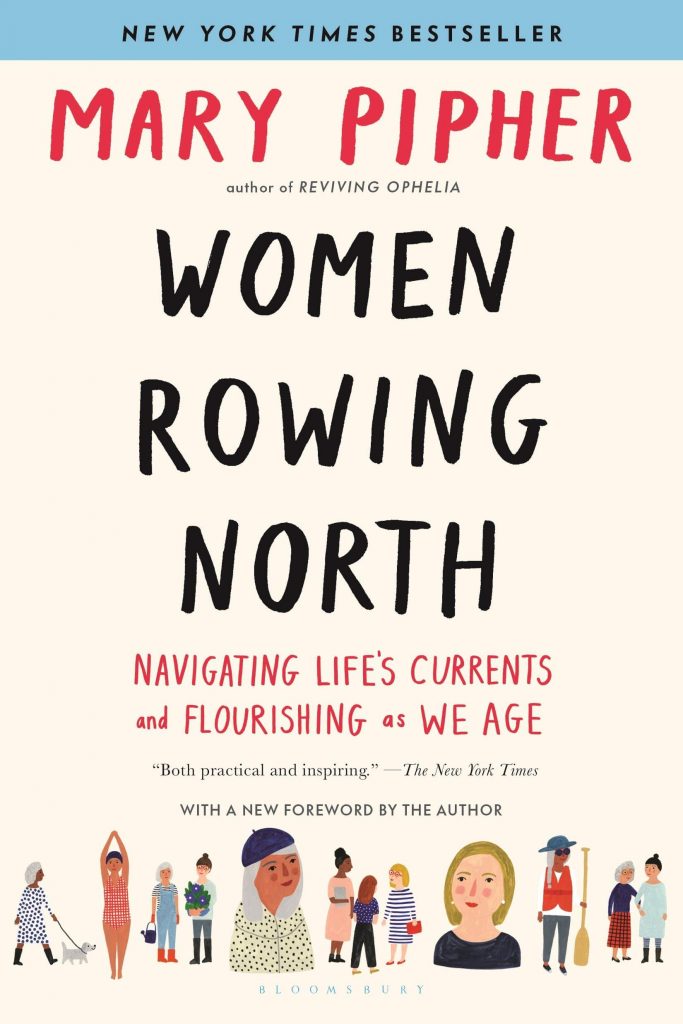 Women Rowing North: Navigating Life’s Currents and Flourishing as We Age Posted in: Arts, Guides to Aging Well, Nonfiction
Women Rowing North: Navigating Life’s Currents and Flourishing as We Age Posted in: Arts, Guides to Aging Well, NonfictionBy Mary Pipher – Bloomsbury Publishing, 2019
Mary Pipher is a cultural anthropologist and clinical psychologist whose academic focus has been developmental psychology and trauma. She lectures and writes about cultural and social themes around women, drawing on her roles as a mother, grandmother, daughter, sister, wife and caregiver. Her bestseller Reviving Ophelia (1994) focused on the complex lives of teenage girls. Women Rowing North takes on older women, with a focus on those 70 and older.
Pipher leaves few stones unturned as she helps readers navigate upstream in the “river” of aging to a place of authenticity and self-acceptance. She’s gentle but candid: adapt or fossilize. If it’s bliss you’re after, there’s work to do. She looks at ageism all around us but also from within. Weaving individual stories of four women throughout the book, she writes about managing grief and loneliness, while illustrating the ways adversity has made us able to take the hard knocks. Pipher encourages us to really get to know ourselves, to express anger when appropriate and to say no when it’s in our best interests—and not feel guilty about it. The bottom line is that women need to cultivate resilience to flourish in later life. This book embraces the journey in a way that is truly inspiring.
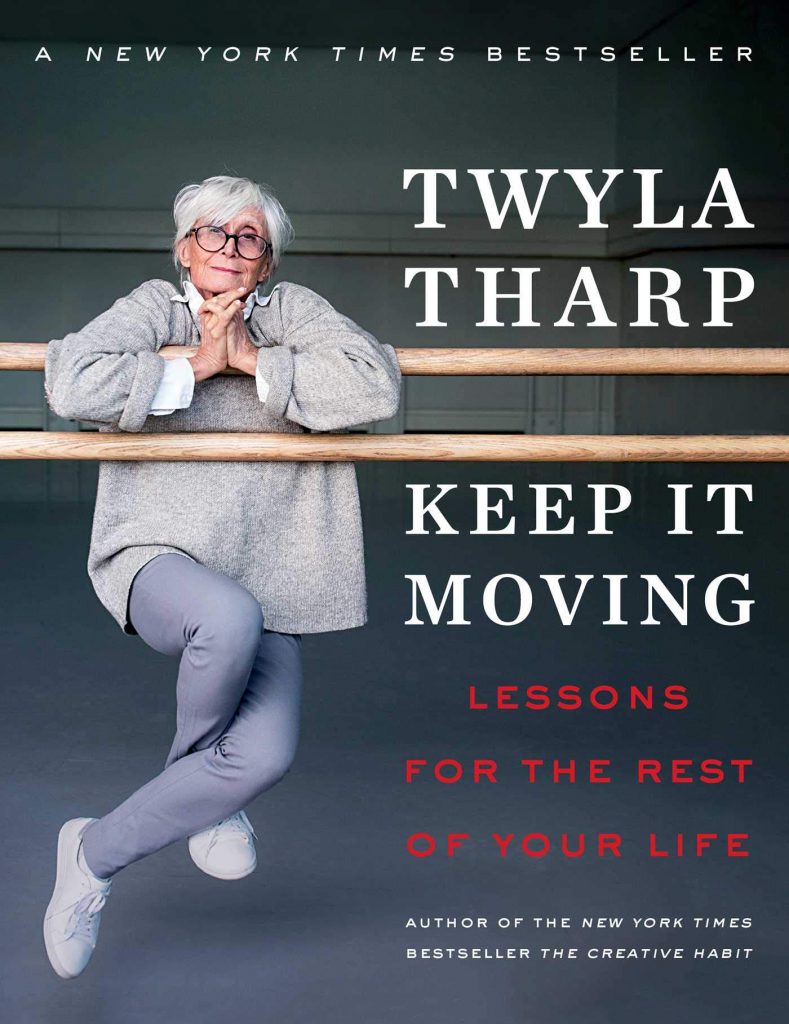 Keep It Moving: Lessons for the Rest of Your Life Posted in: Arts, Guides to Aging Well, Nonfiction
Keep It Moving: Lessons for the Rest of Your Life Posted in: Arts, Guides to Aging Well, NonfictionBy Twyla Tharp – Simon & Schuster, 2019
Twyla Tharp, lifelong dancer and choreographer, acknowledges there is decline with age, but at 79 she is committed to moving through life with energy and vigor. For her, that is rooted in eating well and an exercise routine that would exhaust someone in their 20s. Tharp feels we’ve become lazy, that we chase youth and perfection when we could be focused on the benefit gained from adding movement to our lives, regardless of our age. In Keep It Moving, Tharp encourages all of us, at every level of fitness, to move. She offers absolution for negligence to those who get back up, tips for building stamina and positive self-talk to help us stick to our goals. She shares her own struggles and setbacks after major hip surgery, admitting she remained inside and stationary too long because she was ashamed of her cane. Having regained her own confidence, she now strives to help us achieve ours, so we can remain vital and reap the benefits.
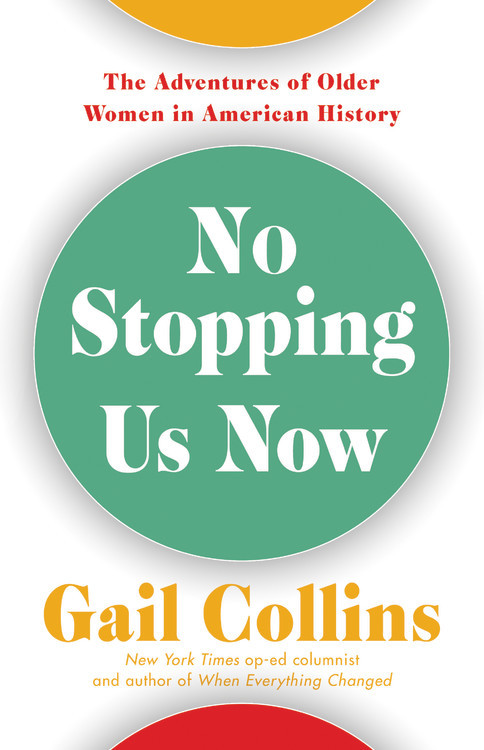 No Stopping Us Now: The Adventures of Older Women in American History Posted in: Arts, Insights from Bold Thinkers, Inspiring Journeys, Nonfiction
No Stopping Us Now: The Adventures of Older Women in American History Posted in: Arts, Insights from Bold Thinkers, Inspiring Journeys, NonfictionBy Gail Collins – Little, Brown and Company, 2019
With her latest book, Gail Collins—best known for her op-ed columns in the New York Times—has become the history teacher we all wish we had in school. Engaging us with stories of women from the colonists to the present, she illustrates how attitudes toward older women have changed with the times and have very much been based on supply and demand (thinking of you, Rosie the Riveter). Collins brings to life the triumphs and travails of Susan B. Anthony, Jane Addams, Ruth Bader Ginsburg, Nancy Pelosi and many others less well known, all women considered “past their prime” who made their voices heard. The book is informative, lively and fun, shining a light on old beliefs that sound nothing short of ridiculous to us now—such as that an opinionated woman in the 18th century could be assumed to be a witch, or that hair dye and cosmetics could be merely lures to land a husband under false pretenses. The women are all remarkable, even more so because they didn’t let age stop them from blazing a trail. Here’s hoping this book can inspire our daughters and inform our sons.
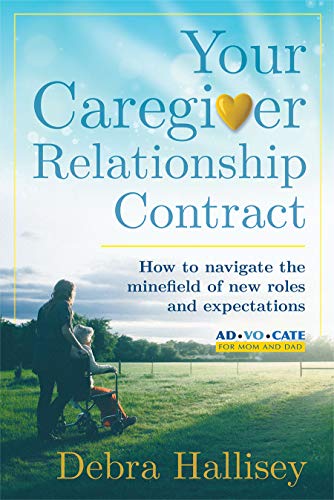 Your Caregiver Relationship Contract: How to navigate the minefield of new roles and expectations Posted in: Arts, Nonfiction
Your Caregiver Relationship Contract: How to navigate the minefield of new roles and expectations Posted in: Arts, NonfictionBy Debra Hallisey – Advocate for Mom and Dad, LLC, 2019
This book is an invaluable resource for anyone who becomes (or anticipates becoming) a caregiver. Debra Hallisey writes from her own experience both as an adult daughter and as a professional caregiver. The “contract” she suggests is not written up with attorneys; rather, it’s a discussion (or discussions) between caregiver and cared-for to identify ways the recipient can benefit from support. The contract they create together at the start needs to be a living document, fluid enough to accommodate changing needs. For family caregivers, initiating this talk can be awkward; both parties are grieving life’s changes and this new reality and are feeling vulnerable. But creating the contract, Hallisey suggests, cements an understanding that will manage expectations for all concerned. Hallisey gives examples of ways to assess the person’s ability to undertake activities of daily living and how to assimilate the feelings that will come up along the way. She includes suggestions for role play and checklists.
We want loved ones in our care to feel dignity and autonomy but often unwittingly strip that away by using the wrong language. To that end, this book illustrates for caregivers how to pose questions that are nonthreatening and gives us techniques to state our own needs without feeling (as much) guilt. Hallisey’s superpower is understanding the pitfalls of caregiving—like the temptations to try to parent our parents and to neglect self care and asking for help—and she tells us why these can cause resentment for both sides. Hallisey is with us every step of the way.
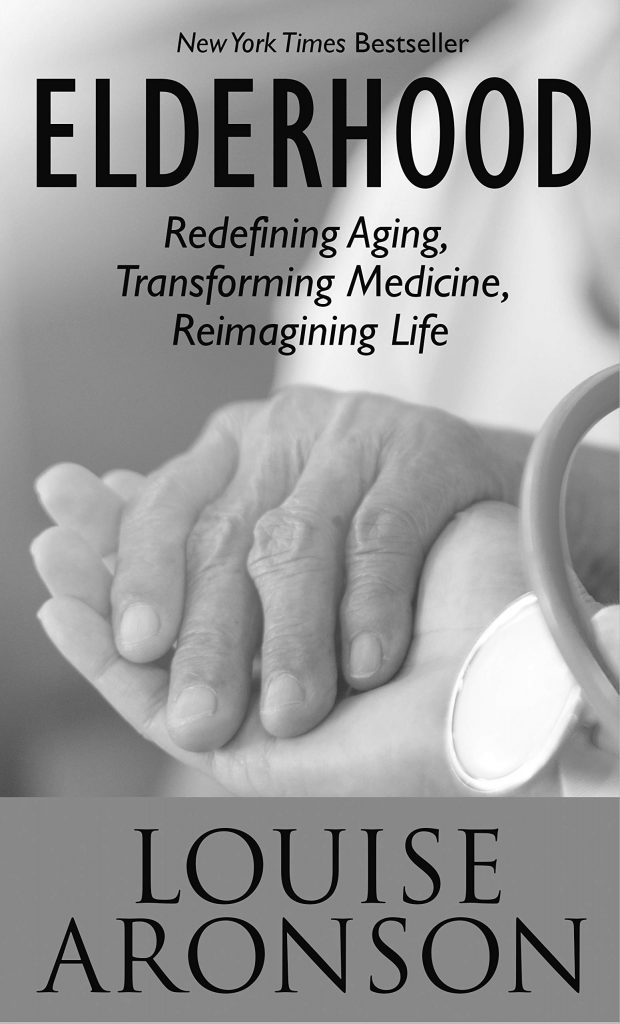 Elderhood: Redefining Aging, Transforming Medicine, Reimagining Life Posted in: Guides to Aging Well, Insights from Bold Thinkers, Nonfiction
Elderhood: Redefining Aging, Transforming Medicine, Reimagining Life Posted in: Guides to Aging Well, Insights from Bold Thinkers, NonfictionBy Louise Aronson – Bloomsbury Publishing, 2019
Many of us are going to spend upward of 40 years in what this society considers “old age.” In Elderhood, Louise Aronson suggests a new way of looking at that time. A Harvard-trained physician, acclaimed author and, importantly, daughter of an exceptional ager, Aronson uses personal anecdotes with experiences from 25 years working in the field of aging. Elderhood is not a “how-to” book; rather, it illuminates why aging must be understood and redefined, and why the medical establishment’s usual goals of saving and extending lives is ill advised for many older patients. Aronson applauds the innovators who put elders’ care and needs into their designs—like emergency rooms outfitted for older adults—but calls out the marginalization and mistreatment of older people by medical professionals who simply aren’t trained to see them as individuals.
While never glossing over the decline that comes with elderhood, Aronson makes a strong case that happiness in later life comes from feeling a sense of purpose and from being connected to something outside ourselves. She also examines the ways an ageist society’s depersonalized treatment of older adults puts forth stereotypes. The book reads like a call to action for us to heed if we want to grow older in a society that sees and values the old, older and oldest among us. All stakeholders will need to buy into Aronson’s prescription for a better later life, which can only happen by educating professionals to the unique needs of elders and by accepting that aging itself is not a disease to be treated.
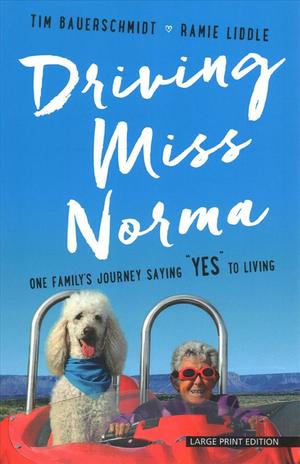 Driving Miss Norma: One Family’s Journey Saying ‘Yes’ to Living Posted in: Arts, Inspiring Journeys, Life’s Endings, Nonfiction
Driving Miss Norma: One Family’s Journey Saying ‘Yes’ to Living Posted in: Arts, Inspiring Journeys, Life’s Endings, NonfictionBy Tim Bauerschmidt and Ramie Liddle – Harper One, 2017
Tim and his wife, Ramie, lived frugally and invested wisely in order to retire early. Then they left the rat race to live as nomads. They kept in touch with family infrequently; Tim visited his parents once a year and called them from the road. On their visit in 2015, Ramie and Tim arrived at his parents’ Michigan home in their RV to find his father, Leo, in pain, with his organs failing. He died shortly after he went into the hospital.
At the same time Leo was admitted to hospice, Norma, 90, learned she had uterine cancer. Even if she survived surgery, the prospects for recovery were unlikely. Sensing his mother was a poor candidate for a nursing home, and that living alone would be out of the question, Tim and Ramie asked Norma to consider joining them on the road—mobile assisted living, if you will. Norma said yes.
Like so many of us with aging parents, Tim and Ramie had often planned to have “the talk” about end-of-life wishes and what ifs, but it wasn’t something they were ever able to bring up. Now that his mother was going to join them, the couple purchased a more comfortable RV (second sleeping area, wide enough berth for easy mobility, two-and-a-half baths, washer and dryer).
Tim soon realized how little he knew Norma as an individual, away from his father’s shadow; to experience their relationship growing and deepening was heartwarming. What was her role in World War ll? Had his parents actually hoped to go hot-air ballooning one day? Had Norma really never been to the neighboring state? More than that, Norma became an unwitting celebrity when Ramie started a Facebook page of their experiences. Norma’s journey was featured on prime-time news stations around the United States.
Their story takes us 7,000 miles to national parks, campgrounds and quirky roadside tourist spots, sharing them from Norma’s vantage point of delight and awe. Norma is a trailblazer and an inspiration, who said no to possibly life-saving surgery and yes to life. At the end of Norma’s time with us, we’re left with a grateful appreciation for being allowed along for the ride.
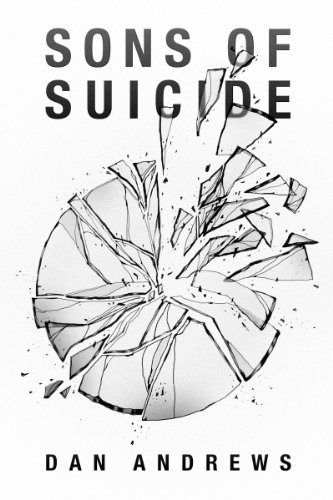 Sons of Suicide: A Memoir of Friendship Posted in: Arts, Memoirs, Nonfiction
Sons of Suicide: A Memoir of Friendship Posted in: Arts, Memoirs, NonfictionBy Richard J. Knapp and J. David Pincus—Bowker, 2019
There is one life journey that is entirely singular, unique to each who has experienced it, and that is the processing and subsuming of grief. Some bear this burden for a short time, while others hold on to unanswered questions for many years. The authors of Sons of Suicide share the weight of a heavy secret: their mothers both took their own lives. The men met in high school in 1966 and discovered they had much in common, like baseball and birthplace. As the friendship grew, the terrible truth and impossibility of their mothers’ passing came out. Each boy was shocked—and somewhat relieved—to find that someone else had lived through the same experience. In another similarity, each of the boys had looked to his father for help and was left wanting. Not surprisingly, they formed a deep friendship. In later years, they learned that their friends Dennis and Tom also endured the suicide of a parent. Over time, the four men found a degree of solace and understanding. Now in later life, they are sharing with readers a soul-baring dive into the uncertainty, despair and frustrations they experienced, told through a collection of revealing, deeply intimate emails. More poignant than sad, the takeaway is that the life-affirming force of friendship is powerful and therapeutic.
 Aging Thoughtfully: Conversations about Retirement, Romance, Wrinkles, and Regret Posted in: Arts, Guides to Aging Well, Nonfiction
Aging Thoughtfully: Conversations about Retirement, Romance, Wrinkles, and Regret Posted in: Arts, Guides to Aging Well, NonfictionBy Martha C. Nussbaum and Saul Levmore – Oxford University Press, 2017
Imagine you’re eavesdropping on a man and a woman who are discussing the good, bad, ugly, and hopeful facets of growing older. Both are University of Chicago Law School professors. Levmore, age 64, is a pragmatic lawyer-economist and Nussbaum, 70, is a philosopher. This provocative book offers their often-opposing dialogues on later-life issues, including sex appeal, altruism, grown children, and discrimination. Compulsory retirement? Discriminatory! says Nussbaum emphatically. No more so than assigning an age at which one can vote or drive, suggests Levmore. While Levmore ponders on the older man taking a younger wife to feel relevant, Nussbaum believes that an older woman rejects the younger man for making her appear older by contrast. And so on.
The collegial back-and-forth is enlightening, and you will likely find yourself agreeing one minute and disagreeing the next. While they may be far apart at times philosophically, the authors share a belief that we can’t sweep issues under the rug if we want to live confidently as we age. These eight essays represent keen observations of this stage of life, influenced by thought leaders of our time.
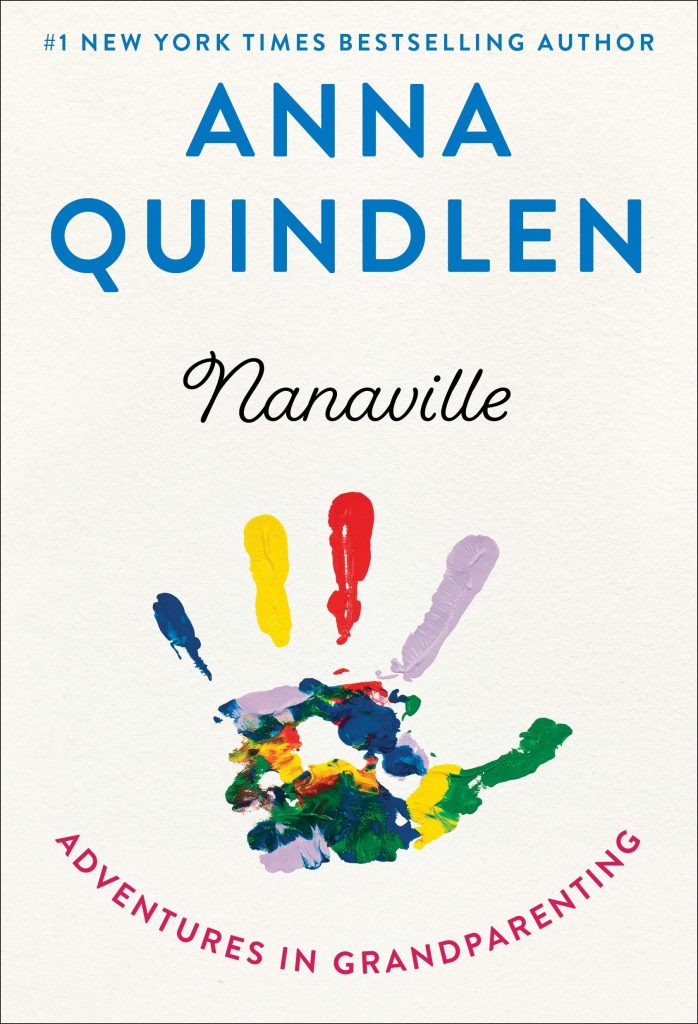 Nanaville: Adventures in Grandparenting Posted in: Insights from Bold Thinkers, Memoirs, Nonfiction
Nanaville: Adventures in Grandparenting Posted in: Insights from Bold Thinkers, Memoirs, NonfictionBy Anna Quindlen-Random House, 2019
Award-winning journalist Anna Quindlen is well known to those of us in midlife and older. Her latest book, Nanaville, is written in her typical feels-like-we’re-sharing-coffee style. Quindlen expounds on the joy of becoming a grandmother. Nanaville is more than a saccharine ode to her son’s baby, however. Quindlen reveals the lessons she’s learned: that she is not the decision-maker, and that the techniques she used to raise her own children may not be acceptable today. She discusses blending and honoring customs of different cultures (her son’s wife is Asian). She candidly admits she knows how to parent but had to learn how to help her son parent—often by saying nothing at all. As much as we delight in the love affair between grandmother and grandson, the book serves equal purpose as grandparenting (or mother-in-lawing) for dummies. It’s a terrific read for any future nana, so full of Quindlen quotes, you’ll want to read it with a highlighter. And if you like this one, we also recommend Lots of Candles, Plenty of Cake (2013) and One True Thing, a film based on Quindlen’s semi-autobiographical novel.


